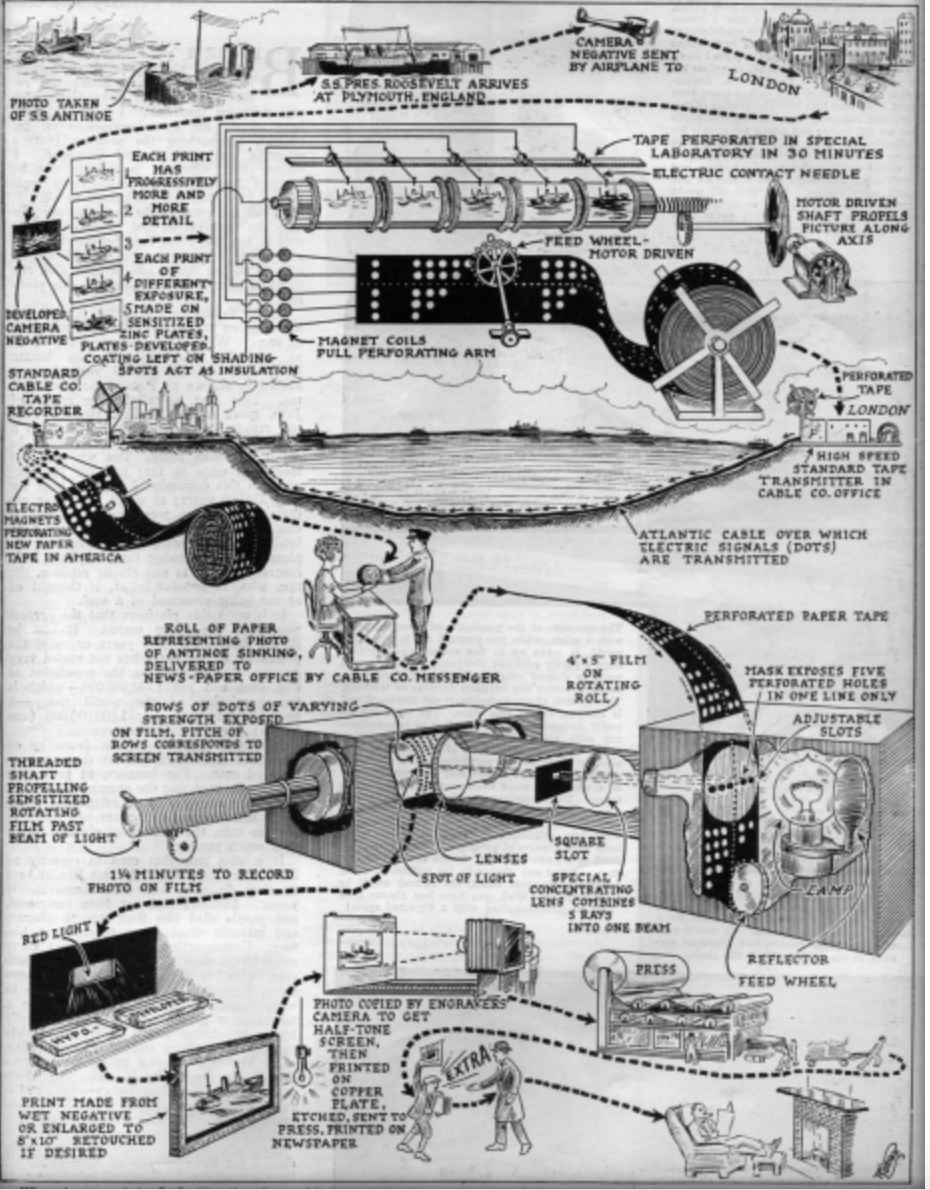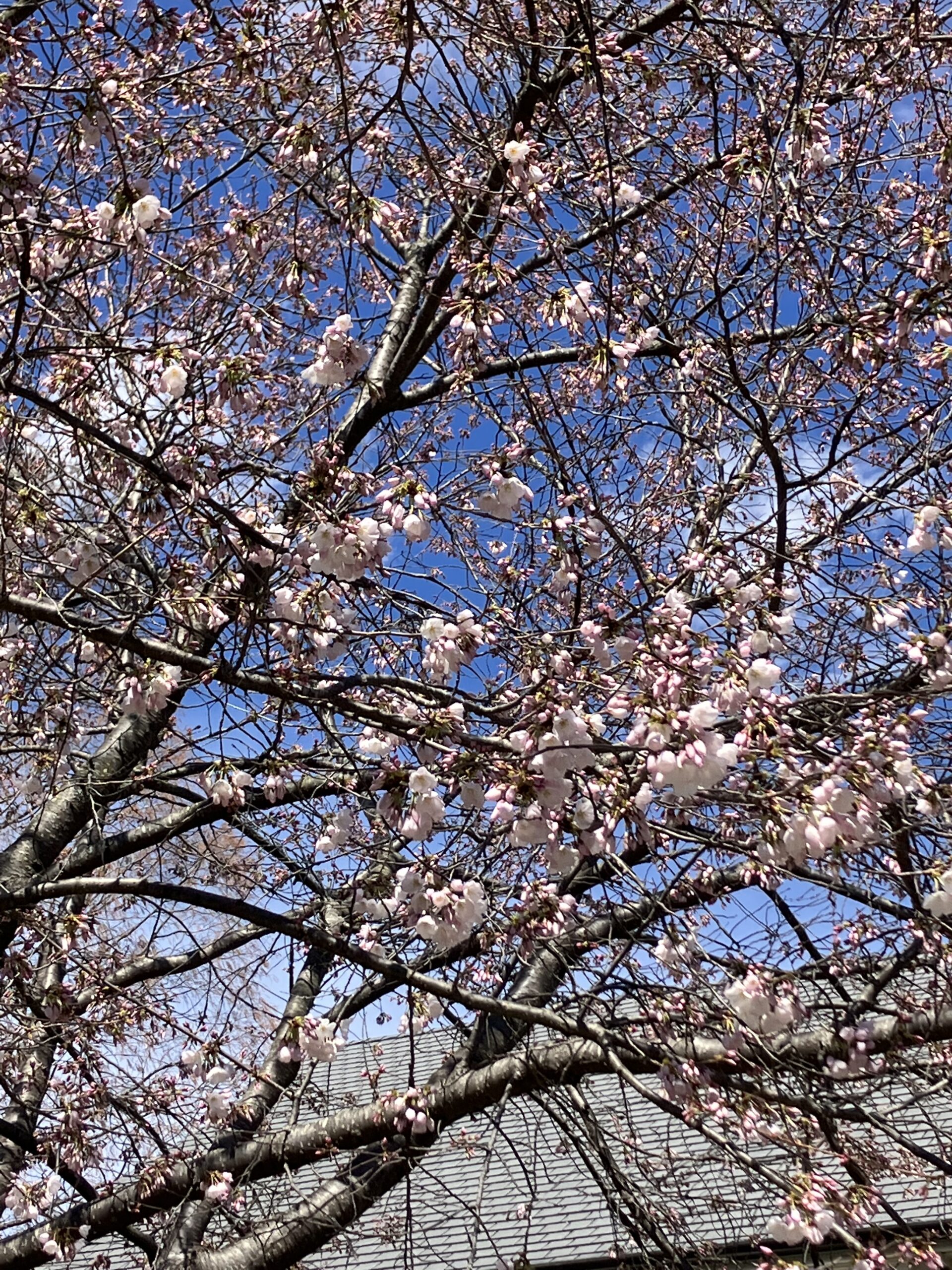…a few quick notes.
The US reciprocal tariffs announced by Trump yesterday are not based simply on the other’s countries’ tariffs for imports of US goods; rather, they attempt to also factor in the effect of currency and of non-tariff barriers. The way the numbers were actually determined is based on a simple algorithm driven by relative trade flows. Flexport CEO Ryan Petersen explains how it works. Here’s some detail from the US Trade Representative.
Also from the USTR, a very long document containing a country-by-country analysis of non-barriers faced by US imports.
Interesting post from a guy whose company builds machine tools in Japan:
I’m on the machine builder side of the equation, out of Japan. Looks like our product is going up 24% in price (we’ll probably absorb some, but machine tool margins are not astronomical).
We do production machines. Our biggest single customer is Apple, so when you need 100,000+ of something, you call us. If this was just a Japan trade war, we would be boned…
But it isn’t. My books were already full of projects coming back from China. Small companies with big, commodity (500k+ unit) volumes, and we were already showing that you *can* do stuff in the US at a competitive cost with good process design, smart machine selection, and existing automation. This market will be able to absorb a 20% equipment price increase, and still come out way ahed compared to building their product oversees (not just China, but bejesus… overseas *anywhere*).
So short term, this is gonna suck… but the future was going in a direction of unlimited downside, and if this is what it takes to swing that into long-term health? So be it – all of the people saying this is insanity seem to be clinging to a status quo that everyone with eyes could see is headed towards disaster – they have no better answers.

